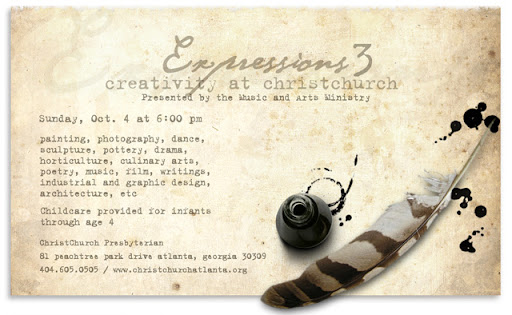Memories of My Mom
These were the words I spoke at Mom's memorial service. It was emotional to write. I thought I had gotten it all out ahead of time, but then I got up there to speak and was overwhelmed by how many people were there...how many people had been touched by her...how many people loved her. It was moving.
I remember Mom is a strong person. “A [woman] of noble character who can find? She is worth far more than rubies” (Proverbs). She was strong in her own right in everything she did, the way she committed herself to everything she pursued, as if with passion, as if with intention, as if she meant it. Mom went through a lot in her battle with COPD, and she was strong every day along the way…every day. She was faced with some difficult decisions in how she was to be treated. It seemed as if almost every form of treatment she underwent had as many adverse side effects as it had benefits for addressing her underlying condition. She had some good days and some bad days; nevertheless, her decision always was to do whatever it took to be with her family because she knew she was not only strong in and of herself, she was strong for us. She held us together, supported us in everything, prayed for us through everything, loved us with everything she had. She is that woman…I remember.
My mom taught me how to pray. “Rejoice always, pray continually, give thanks in all circumstances; for this is God’s will for you in Christ Jesus” (1 Thessalonians 5:16-18). She loved to pray. She prayed all the time. I remember staying the night with my Mom in the hospital; it was one of her bad days. She asked me to pray with her that night…the same prayer from my childhood, but this time slowed by the strains of trying to breathe as she spoke:
Now I lay me down to sleep; I pray the Lord my soul to keep.I remember as a boy lying down every night, and she would pray that prayer with me as I would then run through the list of every family member I could think to pray for. The Lord preserved that memory for me, even though I never realized what a precious moment that was until I had children of my own. There is nothing more that I want than to be able to teach my boys how to pray, the same way my mom taught me. I want my boys to love Jesus as much as she does. “[The Lord] will perpetuate your memory through all generations; therefore, the nations will praise you forever and ever” (Psalm 45:17). I remember.
If I die before I wake, I pray the Lord my soul to take.
I remember she is the reason I know and love the Lord today. She knows and loves the Lord. She loved to pray to the Lord; she loved the Lord’s Word. It wasn’t something that she did…it's who she is. She didn’t know everything about the Lord; in fact, if I might be transparent, during one of her bad nights she asked me why the Lord was allowing her to hurt. I didn’t know either…I thought about sharing Romans 8:28: “And we know that in all things God works for the good of those who love him, who have been called according to his purpose.” Instead, I reminded her that she didn’t need to know why this was happening…all she needed to know was that the Lord was hurting with her. I remember that.
I remember my last moments with her; I prayed with her again. I prayed into her ear as she lay still, “Jesus, welcome my mom, your beautiful child, into your open arms, where every tear will be wiped, where ‘there will be no more death or mourning or crying or pain’” (Revelation 21:4).
I remember Mom. I praise the Lord because of her (Galatians 1:24). And I am glad she is in his arms. I will always remember.


